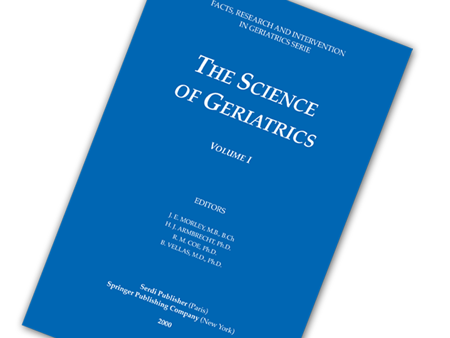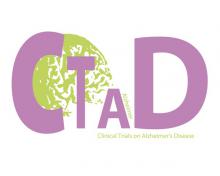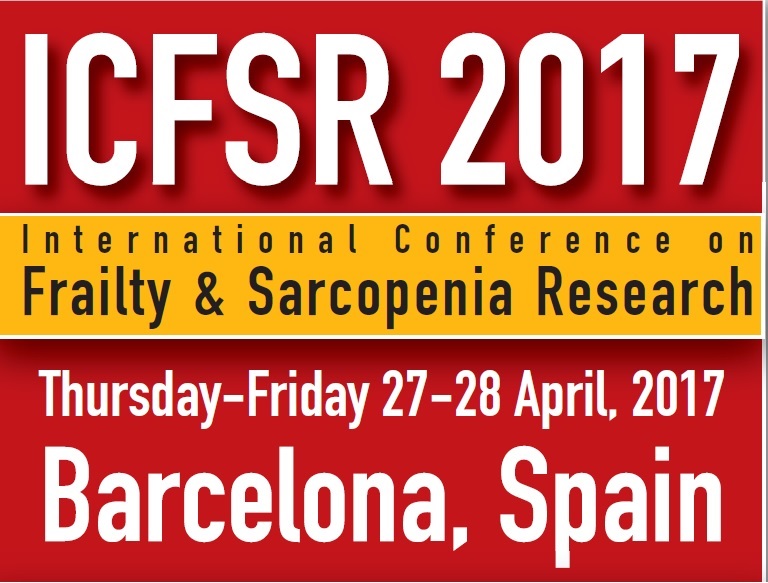Patients surviving stroke without immediate dementia are at high risk of delayed-onset dementia. Mechanisms underlying delayed-onset dementia are complex and may involve vascular and/or neurodegenerative diseases. Dementia-free patients with stroke and/or transient ischemic attack (TIA; n = 919) were studied by Soo Yo et al. for 3 years prospectively, excluding those who developed dementia 3 to 6 months after stroke and/or TIA. Forty subjects (4.4%) developed dementia during the study period. Imaging markers of severe small vessel disease (SVD), namely presence of ≥3 lacunes and confluent white matter changes; history of hypertension and diabetes mellitus independently predicted delayed-onset dementia after adjustment for age, gender, and education. Only 6 of 31 (19.4%) subjects with delayed cognitive decline harbored Alzheimer’s disease-like Pittsburg compound B (PiB) retention. Most PiB cases (16/25, 64%) had evidence of severe small vessel disease. Severe small vessel disease contributes importantly to delayed-onset dementia after stroke and/or TIA. Future clinical trials aiming to prevent delayed-onset dementia after stroke and/or TIA should target this high-risk group.
Alzheimers Dement. 2016 Jun 18. pii: S1552-5260(16)30281-3. doi: 10.1016/j.jalz.2016.05.007. [Epub ahead of print]



